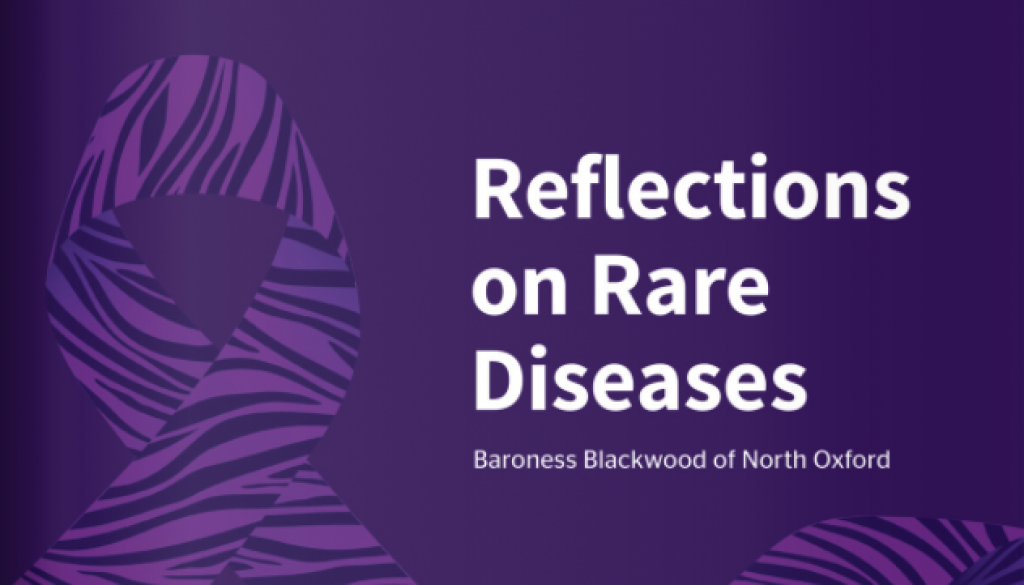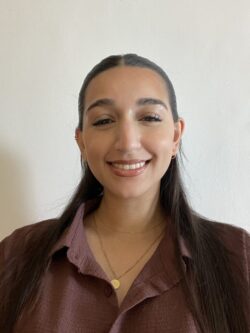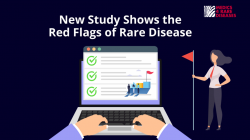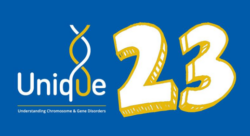Reflections on rare diseases: state of the nation 2021
Starting a conversation
Back in 2019, Baroness Blackwood spoke at the British Paediatric Surveillance Unit (BPSU) rare disease summer tea party where she stated “we need national debate on rare diseases to offer the best possible care.”
Since then, Baroness Blackwood has continued to lead the work on rare disease. The conversation that she started gathered a range of views from the rare disease community. The common themes identified were fed in to an overarching framework to follow the UK Strategy on Rare Diseases.
What is a rare disease?
- The European Union defines a disease or condition as rare if it affects fewer than 1 in 2000 people within the general population.
- One in 17 people in the UK will be affected by a rare disease at some point in their lives.
Defining a population based on prevalence, however, can sometimes make it feel ‘niche’ when actually having a rare disease is not uncommon at all. The problems faced by people with rare diseases are definitely not niche.
Reflections on rare diseases
In May 2021, Public Policy Projects published its report ‘Reflections on Rare Diseases’ as part of its State of the Nation report programme. The report covers each of the four priority areas within the UK Rare Diseases Framework:
- Helping patients get a final diagnosis faster
- Increasing awareness of rare diseases among healthcare professionals
- Better coordination of care
- Improving access to specialist care, treatments and drugs
You can read our CEO’s response to the Framework here ‘Priority Two: the key to unlocking the UK Rare Diseases Framework‘.
Priority Two
With over 7000 rare diseases it’s impossible to know about all of them. However it is possible for doctors to:
- appreciate that rare diseases are collectively common, affecting 3.5 million people in the UK
- help alleviate the exceptional challenges faced by patients living with a rare disease
The UK lifetime risk of being affected by a rare condition is 1 in 17. Did your medical training reflect this?
We believe that medical schools have a responsibility to teach about the prevalence of rare diseases as a group of conditions, just like we do with other heterogenous groups of conditions such as cancer.
In the report, Baroness Blackwood makes reference to Rare Disease 101:
M4RD is campaigning for an attitude change towards rare disease among medical students and doctors in training. They identified that during medical school most healthcare professionals only get training on a handful of rare diseases, and even less on the concept of rare disease and undiagnosed conditions. To address this, M4RD have developed an online module for postgraduate training on rare disease.
Listening to the patient voice
Baroness Blackwood chaired a session in which she heard from patients of all ages and a range of conditions. They shared their experiences and the impact of the pandemic on their care and access to treatment. The session was also attended by clinicians in both primary and secondary care. Their feedback on how healthcare teams adapted to supporting patients through the pandemic was fed into the report.
The biggest positive outcome has been greater communication between different rare disease groups and communities online. I am talking to people across different sectors more than ever before.
Dr Lucy McKay, CEO M4RD
A summary
Baroness Blackwood welcomes the 2021 Rare Disease Framework and agrees with its four priority areas. She did point out that empowering those with rare diseases was not explicitly included. Also, she recognised the challenge for the four national implementation plans to prioritise actions that would have the greatest impact on patients’ lives.
To know if we have truly succeeded, we should be judged on whether patients living with rare disease notice an improvement in their experiences, treatment and care.
Baroness Nicola Blackwood, Deputy Chair Healthcare & Life Sciences, Public Policy Projects




